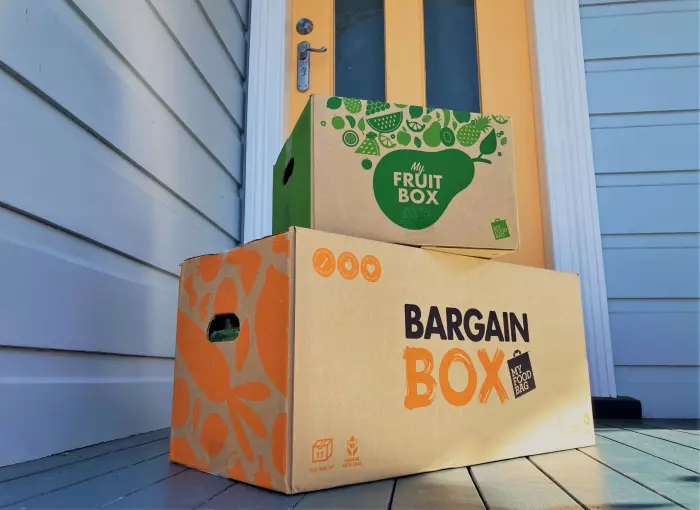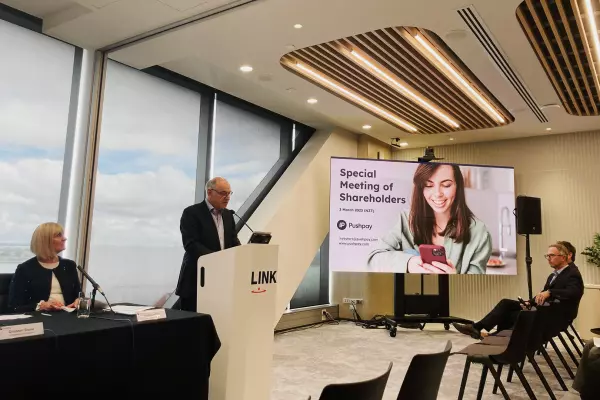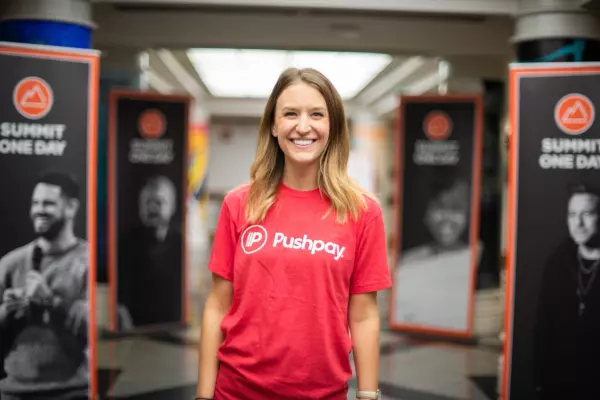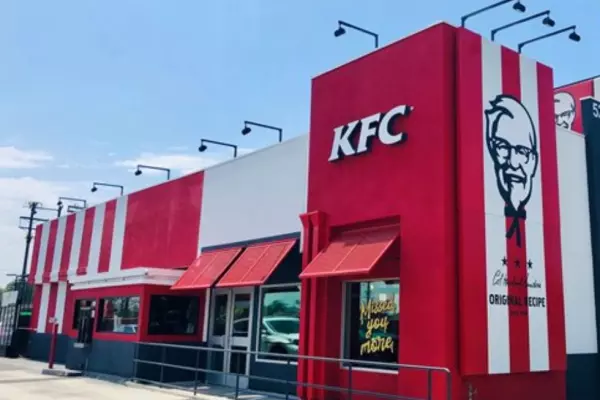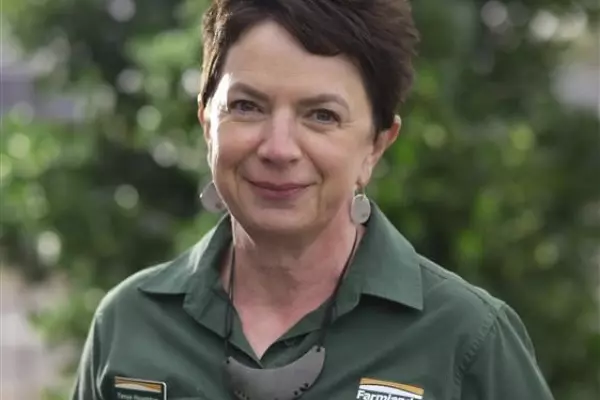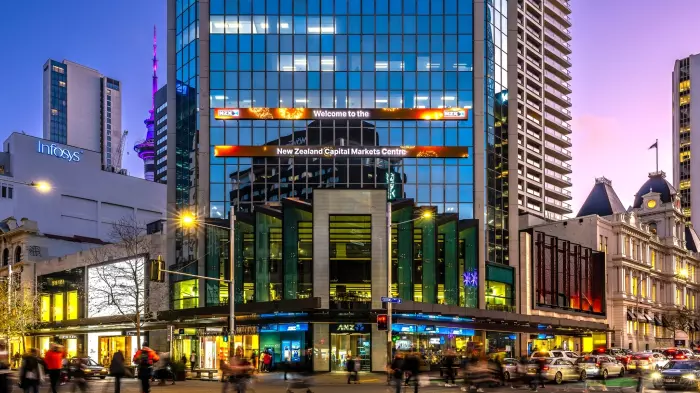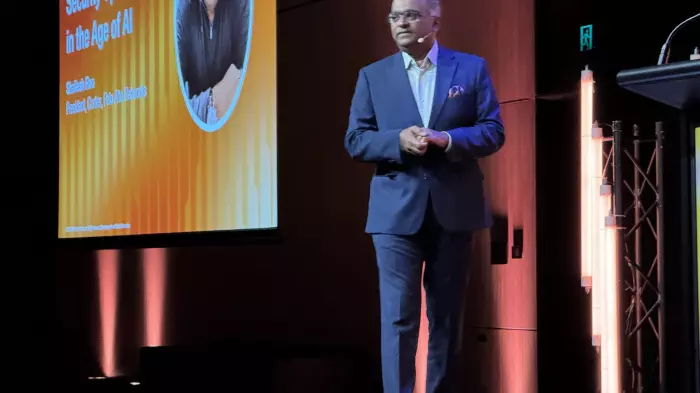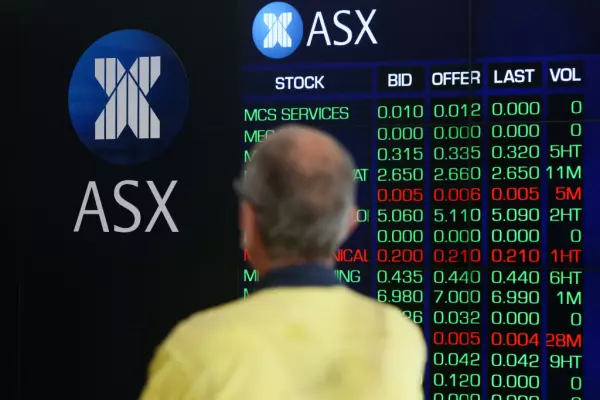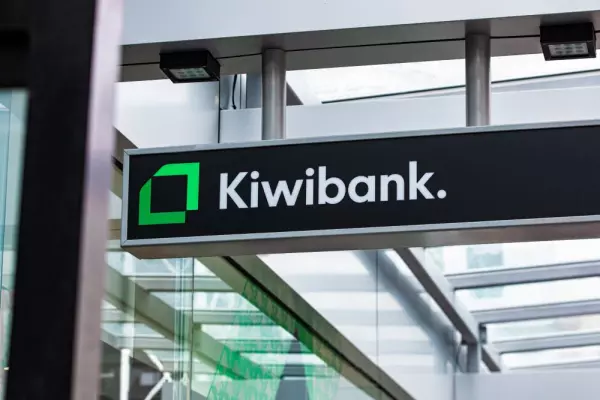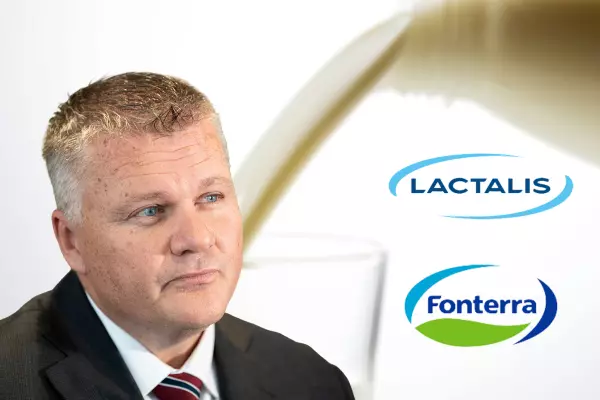My Food Bag’s institutional bookbuild has been fully subscribed as brokerage firms have bid for shares to sell-on to retail investors, suggesting there is strong demand for the public offer.
BusinessDesk understands institutional investors and New Zealand brokers bid for more shares than were made available in the offer.
A pool of shares has been set aside for customers and Waterman Capital investors, and existing shareholders are retaining a 23.7% stake between them, limiting the amount available to institutions.
Board chair Tony Carter said it was “great to see strong interest from such a broad institutional investor base” and chief executive Kevin Bowler said the successful bookbuild demonstrated support for the meal-kit company’s growth strategy.
Wait, what even is a bookbuild?
My Food Bag has followed a long and winding path to the IPO since having brought Bowler onboard in 2018 to help the company go public.
The first order of business was not being blown out of the water by global rival Hello Fresh which launched in New Zealand that same year.
In September last year — having proven it could at least hold its own and amid a covid-boom for food delivery — it appointed PwC to explore options for listing or selling the firm.
In the lead up to Christmas, it was revealed investment bank Jarden was involved and had set up meetings with fund managers to pitch them the company. During this phase, an informal valuation would likely have emerged prior to the more formal process.
An investment bank or brokerage firm running an IPO is called the ‘lead manager’, one of their key roles is to set the price at which shares will be sold. In this case, Jarden and Craigs Investment Partners are the ‘Joint Lead Managers’, sharing the role between them.
Generally, the lead manager will set a valuation range for the company and invite fund managers to bid for shares at a price within that range. Those bids are collated in a ‘book’ to settle on a price at which all shares on offer would be purchased — in this case, $1.85 per share.
Once a price is chosen, the offer is officially opened, and bidders formalise their indicative bids. This is called a ‘bookbuild and is what opened and closed last Friday.
Of course, all of the action and negotiations happened in the months before that.
BusinessDesk understands that when the joint lead managers launched the bookbuild there were already more indicative bids for shares at $1.85 than there were shares available.
This meant the lead managers had to “scale” the offer. For example, there are 185 million shares in this offer but imagine ten institutions each bid for 20 million shares. In this case, the lead managers might allocate 18.5 million shares to each bidder.
There isn’t any obligation to scale the offer equally, though. The lead manager may decide to allocate the desired 20 million shares to five of the bidders and only 17 million to each of the others.
Having to scale the offer is good news for the company, and the lead managers, as the IPO is designed to be priced just a little below the expected market value for the firm.
The sellers want the highest possible price for their company and the buyers want a reward for taking a risk on the IPO.
The informed scuttlebutt on the IPO is that some fund managers are expecting a 10-to-15% return on their investment, suggesting they hope to see the share price move above $2 at some point in the future.
So, how can I buy into the offer?
Many of the 185 million shares will have been allocated to brokerage firms, who then on-sell the shares to their clients and are paid a commission for doing so.
For example, online trading platform Sharesies is a registered broker and has secured an allocation to offer to its users. About 5,000 users had applied to buy shares through the platform by Monday evening.
The Sharesies offer is open until 2pm Thursday and may also be scaled if more people apply for shares than the broker was able to secure in the bookbuild.
Another way to get access to the initial public offer is by buying a meal-kit from My Food Bag. Any existing customer — or a new customer who makes an order before Thursday — can buy shares from an exclusive pool without going through a broker.
This is called the “Foodies Offer” but it is no different except that it has its own allocation of shares. Meal-kits delivered in the past week have included flyers inviting the buyer to participate in the IPO.
My Food Bag said 10,000 customers and staff had registered an expression of interest in buying shares ahead of the official offer launch.
If a retail investor misses out on buying shares in the IPO, they will be able to buy on the when it floats on March 5.
Initial public offers are designed to fall short of total demand so there are investors ready to buy the stock when it goes public. Some who bought shares during the IPO will be planning to sell in the first days of trading, hoping to make a quick profit.
If the price has been set right and there is excess demand for shares, the price should jump once trading begins. But if the price is too high, or the total demand has been met, then the price may fall.
While some equity analysts have said the company has been given a generous valuation, they still expect a strong share price performance in the short-term as the stock has enormous brand awareness which may attract retail investors.


